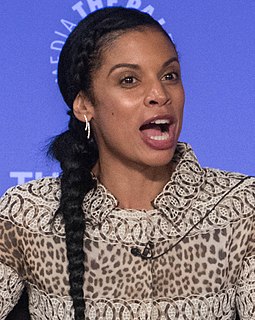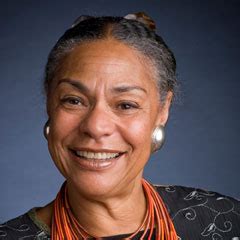A Quote by Julian Barnes
Does character develop over time? In novels, of course it does: otherwise there wouldn't be much of a story. But in life? I sometimes wonder. Our attitudes and opinions change, we develop new habits and eccentricities; but that's something different, more like decoration. Perhaps character resembles intelligence, except that character peaks a little later: between twenty and thirty, say. And after that, we're just stuck with what we've got. We're on our own. If so, that would explain a lot of lives, wouldn't it? And also - if this isn't too grand a word - our tragedy.
Quote Topics
After
Also
Attitudes
Between
Change
Character
Course
Decoration
Develop
Different
Does
Except
Explain
Got
Grand
Habits
Intelligence
Just
Later
Life
Like
Little
Lives
Lot
More
Much
New
New Habits
Novels
Opinions
Otherwise
Our
Over
Own
Peaks
Perhaps
Resembles
Say
Something
Sometimes
Story
Stuck
Thirty
Time
Too
Tragedy
Twenty
Wonder
Word
Would
Related Quotes
Undeniably, character does count for our citizens, out communities, and our Nation, and this week we celebrate the importance of character in our individual lives... core ethical values of trustworthiness, fairness, responsibility, caring, respect, and citizenship form the foundation of our democracy, our economy, and our society... Instilling sound character in our children is essential to maintaining the strength of our Nation into the 21st century.
What we call our destiny is truly our character and that character can be altered. The knowledge that we are responsible for our actions and attitudes does not need to be discouraging, because it also means that we are free to change this destiny. One is not in bondage to the past, which has shaped our feelings, to race, inheritance, background. All this can be altered if we have the courage to examine how it formed us. We can alter the chemistry provided we have the courage to dissect the elements.
I don’t mind if the character is a small character, but I would just like her to have a journey in the film. Sometimes the characters are just there as a prop to further the man’s story. The great directors I’ve talked to, I’ve said listen, I don’t mind playing a woman that is a tiny part, but how does the story affect her? What can I play in the end that’s different from the beginning? Otherwise, it doesn’t make sense, because it’s just like being a prop.
TV is longer form, and that's sometimes a positive, and sometimes a more challenging thing. As an actor, you want to be able to have your character develop or transform in some way. When you're acting on a show over the course of multiple seasons, you get to watch a character really grow and change, and go from one place to an entirely other place.
What a person says and does in ordinary moments when when no one is looking reveals more about true character than grand actions taken while in the spotlight. Our true character is revealed by normal, consistent, everyday attitudes and behavior, not by self-conscious words or deeds or rare acts of moral courage.
Every thought which enters the mind, every word we utter, every deed we perform, makes its impression upon the inmost fiber of our being and the result of these impressions is our character. The study of books, of music, or of the fine arts is not essential to a lofty character. It rests with the worker whether a rude piece of marble shall be squared into a horse-block or carved into an Apollo, a Psyche, or a Venus di Milo. It is yours, if you choose, to develop a spiritual form more beautiful than any of these, instinct with immortal life, refulgent with all the glory of character.
I'm thinking like the character in order to be as authentic as I can. But after a while, how would I be able to cleanse myself from this unless I do something that's a different medium but also creative. That's what I do. It's my little ritual. After every filming, I just write a poem about it and my character specifically and I can let her go.






































